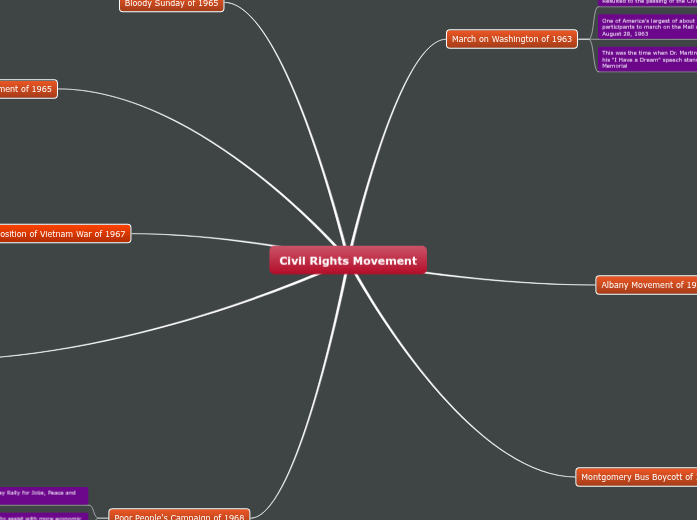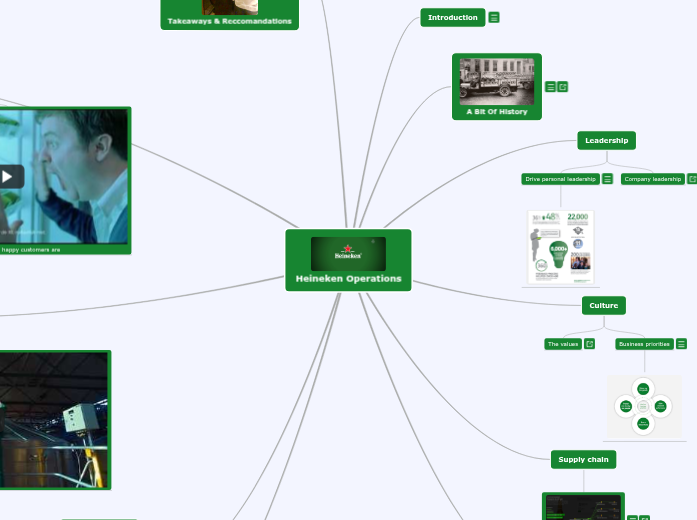Spirit of Institutions
I believe that there is a creative, healing spirit, in everything, wanting to emerge.
I'm exploring how we can pay attention to and move with this emerging spirit in secular organizations.
Theology
Identifying universal spiritual assets
Theology of institutions
Biblical approaches to the Powers and Principalities
Leadership
There are oodles of books and frameworks about leadership. I am most interested in the ones focused on the inner path of leadership and also collaborative, collective leadership.
A definition of leadership that I resonate with is from Otto Scharmer:
Leadership: The capacity of a system to sense and shape its future.
From this view, leadership can come from anywhere within (or outside) of an organization. It is not limited to those with formal positions of authority.
Personal mastery
Integrative Leadership
Servant Leadership
Community Building
I see these practices as building a trusting, sacred "container" where discernment and spiritually-grounded action can happen.
Interfaith dialogue
Ritual
Collective creativity
Consensus
Social Change
Social challenges and opportunities pushing us to new ways of knowing, deciding, and collaborating
Nonviolent direct action
Emerging network of grassroots orgs
Restorative Justice
Criminal Justice system change
Undoing racism (and other isms)
Profound global changes needed for ecological sustainability
Spirituality in the Workplace
Spritual Discernment
I believe some secular approaches to organizational development use methods and philosophies that are similar to religiously based discernment.
For example, I think that "Theory U," (http://www.theoryu.com/) has many parallels to how Quakers do discernment. Theory U talks about "leading from the future as it emerges" by cultivating open minds, open hearts, and open wills. In Quaker language, we seek to discern God's call for a group by centering down and setting aside our egos.
Collective wisdom
Spiritual direction
Ignation Discernment
Quaker "Sense of the Meeting"
Spiritual practices for community transformation
In addition to nurturing community transformation, I think that these spiritual practices also prepare our grounding and readiness for discernment.
Energy work/Healing Touch
Mindfulness practices
Evolution of consciousness
Meditation for community change
Transformational prayer
Organization Development
Within the field of professionals and academics working on organizational change, there are many models that connect with the values that I'm pursuing. The examples to the right are some of those. They tap into intuitive, relational, ethical, and integrative ways of building organizations.
I can sometimes slip into thinking that my interest is in translating spiritual discernment into secular settings. However, I think it is much more of a mutual exchange. Religious communities can learn a lot about discernment from these secular models.
Presencing/Theory U
Socially Responsible Business
Organizations as living organizations
Appreciative Inquiry
Deep dialogue
Organizational culture studies
Holacracy
Systems Thinking









